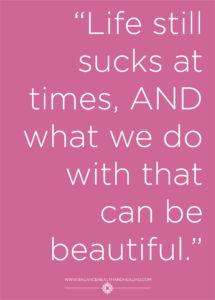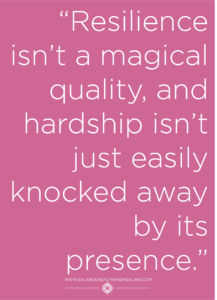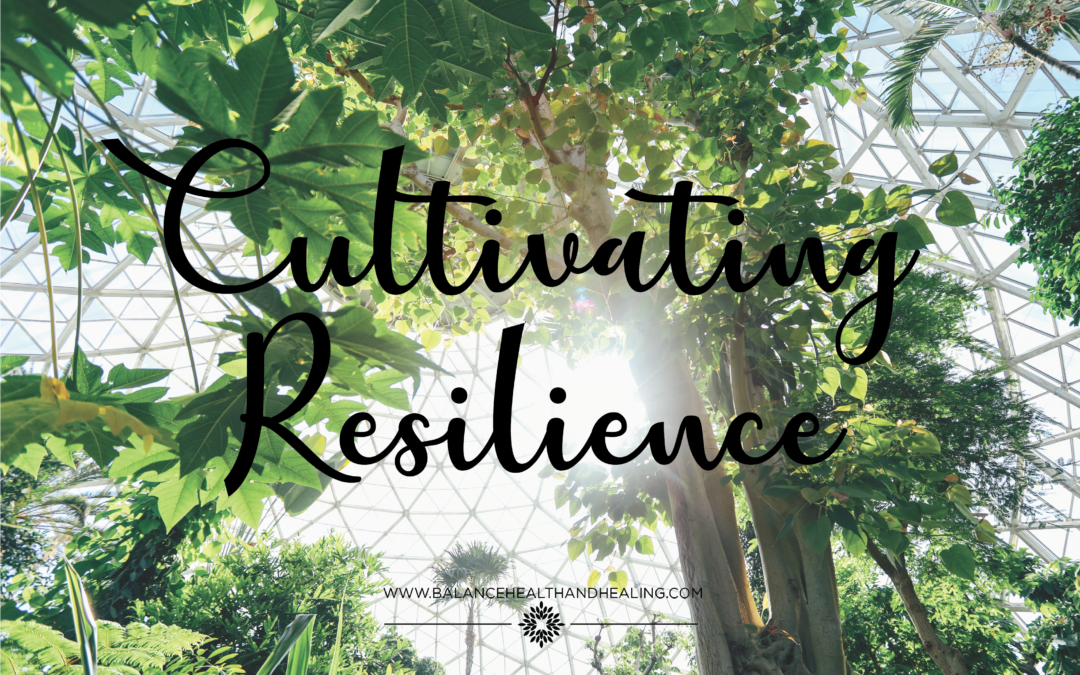I’m not going to sugar-coat it: life can suck sometimes.
It can drain us and stretch us and break us in ways we didn’t even know were possible. I’m not here to try to tell you any differently. Life can just really suck at times.
Having been through plenty of “dumpster fire, hot mess, train wreck” moments of my own life- as well as sitting with others as they process complex experiences of their own- I feel like I have learned a thing or two about hardship.
Like- it’s HARD.
It may come as some surprise to know that in addition to feeling the weight of how hard life can be, I have also become aware of beauty in hardship- and that comes from having a front row seat to observe the amazing resilience of the human spirit.
having a front row seat to observe the amazing resilience of the human spirit.
Life still sucks at times, AND what we do with that can be beautiful.
I never want to have a talk about resilience that in any way feels like it’s trying to silence the pain of trauma. That pain is real, harrowing, and tangible. It requires our attention. It requires intentional effort, and in some cases, a lifetime of intentional effort. I don’t want to minimize that.
I do want to highlight the very real hope to be found in the concept of resilience- I want to talk about how our traumas don’t automatically get to claim power to define the rest of our lives; that we have an element of choice in how we approach hardship that can influence our personal outcomes; and how we can do some hard self-work to cultivate the skill of resilience.
What is resilience?
In psychology, we look at resilience as the ability to adapt well when faced with adversity. There is a sense that we can “bounce back” from hardships, survive them, and in some cases, actually experience some really profound personal growth.
Do some lucky people have it, and others don’t?
A lot of research has been geared toward answering that question. Why do some people seem to have resilience and others don’t? While we may view resilience as a personality trait that some lucky group of people get to live life enjoying, resilience actually involves thoughts and behaviors that anyone can work to develop. Resilience can be learned!
Researchers have identified specific markers that are attributed to those who exhibit resilience. These markers are skills we can gain mastery of to build our own resilience.
In the upcoming months, I will be taking a deep dive into six very specific skills we can master in order to cultivate a resilient spirit. We will be examining:
- our connection to others
- our experience of distress and distress tolerance skills
- self-care – how we contribute to our own wellbeing
- our sense of purpose in the world
- mental flexibility (and how it means so much more than we ever realized!)
- our practice of self-compassion.
Resilience isn’t a magical quality, and hardship isn’t just easily knocked away by its presence. This is exhausting mental work we are talking about- reshaping thoughts and behaviors that have become second nature to us. However, knowing that resilience is something that can be cultivated is an empowering concept, one that gives us motivation to do the hard work necessary to move towards it. We don’t have to be swept along by the strong current of trauma and hardship. Cultivating resilience gives us the skills to navigate the difficulty in our lives with purpose and direction.

